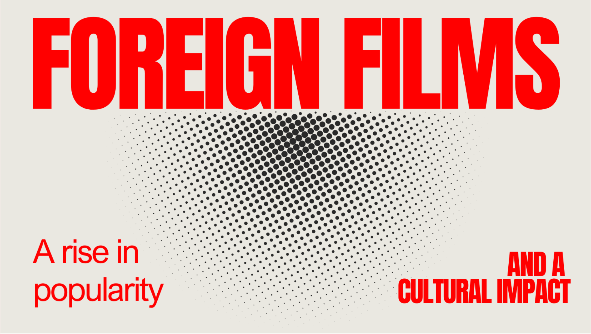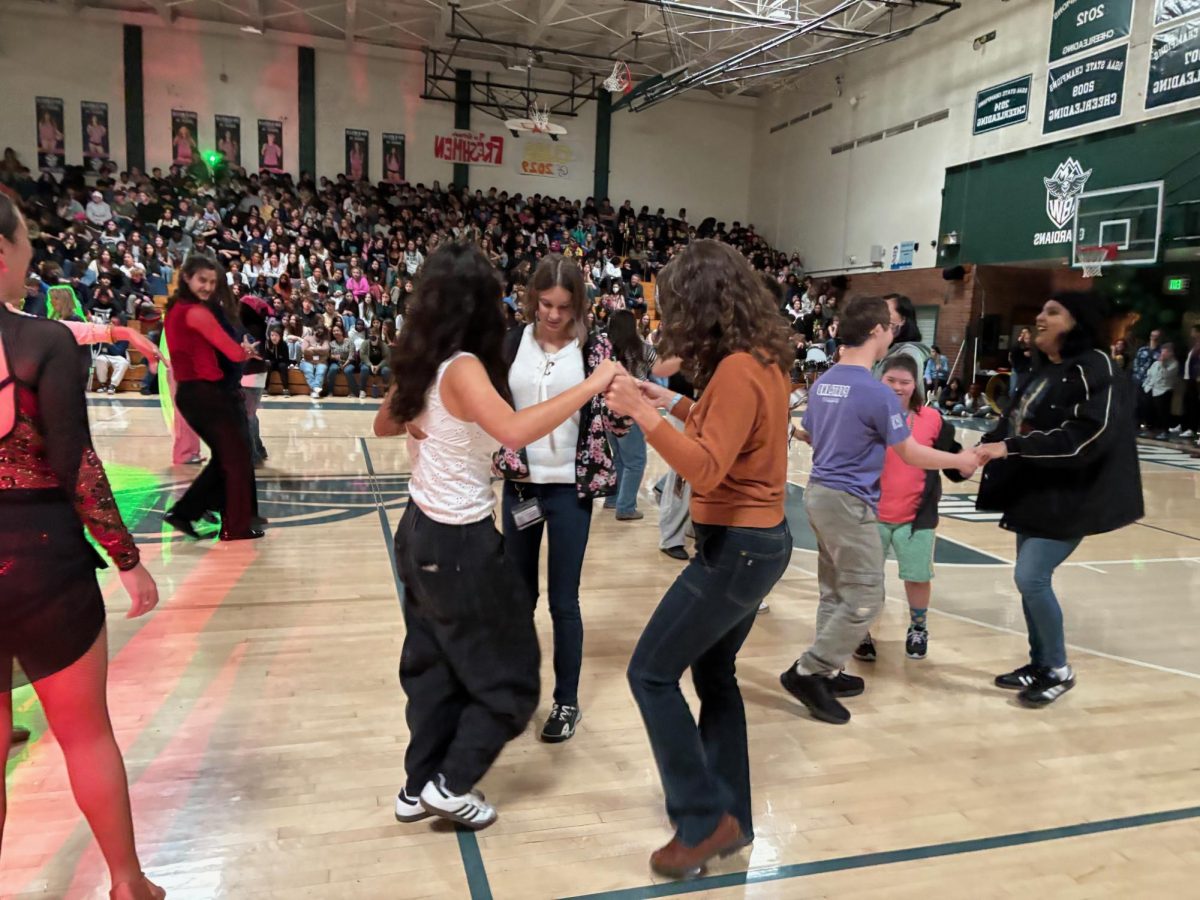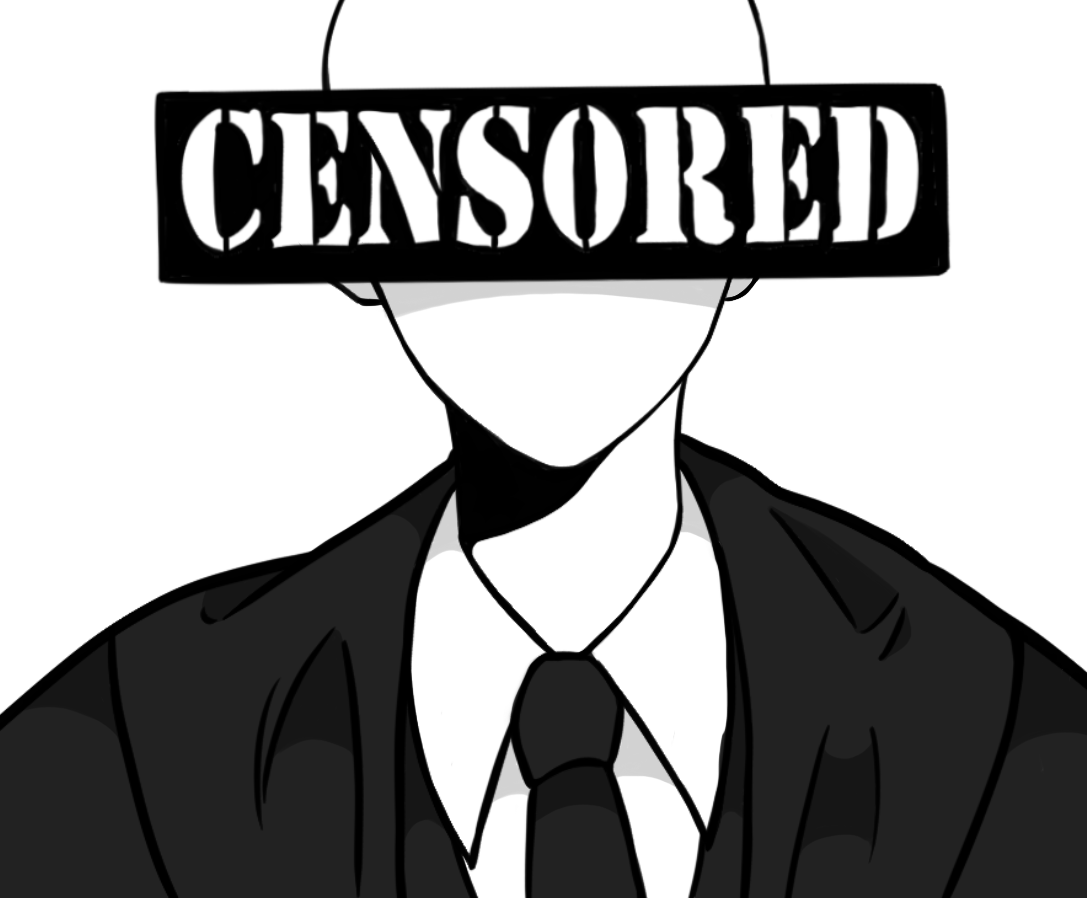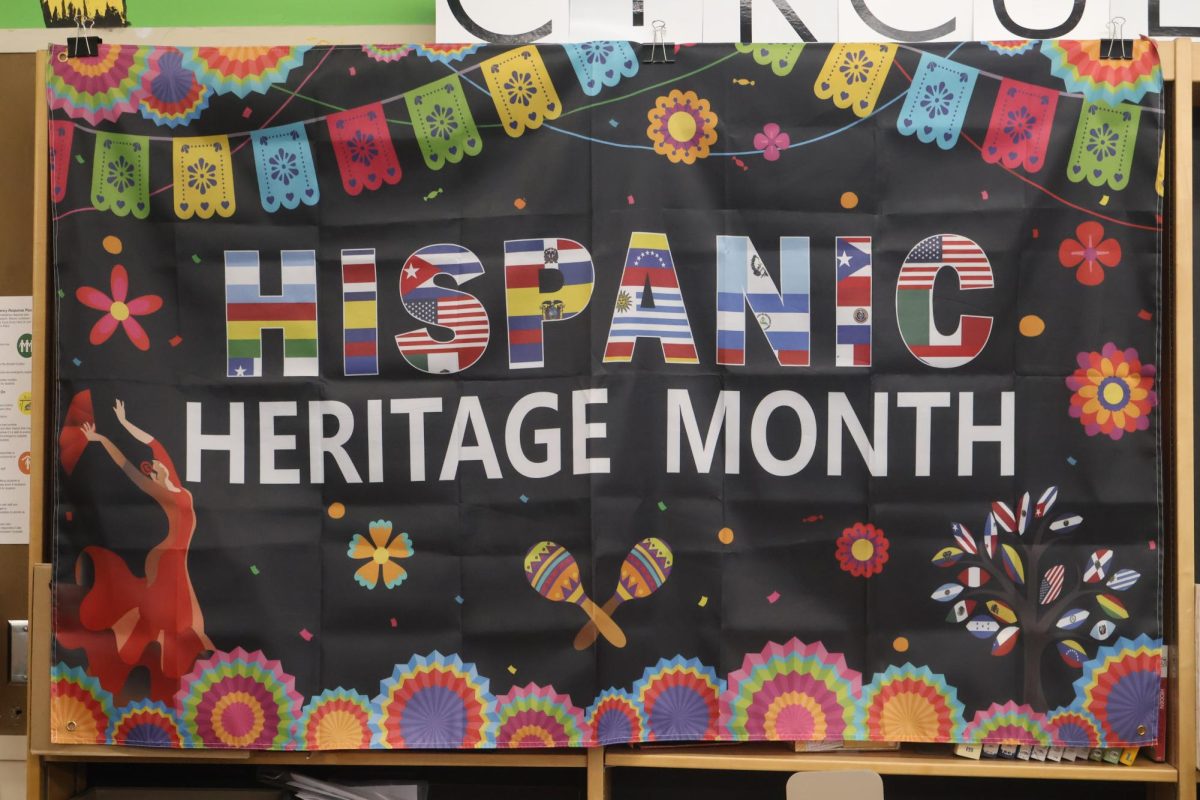On May 2, 2023, late-night shows like “Saturday Night Live” and “The Tonight Show Starring Jimmy Fallon” went dark. Writers officially went on strike. On July 13, 2023, actors joined the writers, making it the first time since 1960 that writers and actors are striking together.
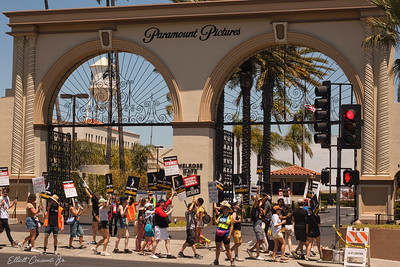
Now, the writer’s strike has well surpassed the 100-day mark. The Writer’s Guild of America (WGA), a labor union that represents writers of television, radio, film and online media, is demanding increased base pay, compensation, staffing requirements and residuals (specifically from streaming services), protection against artificial intelligence and more.
These demands are related to the way that streaming services have changed the entertainment industry. Studios have been producing as much content as possible in order to compete with all the other streaming services. This has caused show orders to be shortened and in turn, the writer’s work period to be shortened. Studios are also using mini-rooms, where writers draft the foundation of a show, instead of writing rooms. Writing rooms are where writers work together to write the story of a TV show together. However, since they are not producing the show, writers in mini-rooms are only paid the minimum (not the producer’s fee) for completing what is arguably the hardest part of the writing process. This has caused writers to get salaries that are not enough to live off of.
Negotiations of the new contract between the WGA and the Alliance of Motion Picture and Television Producers (AMPTP) met a standstill in late March. The AMPTP is the entertainment industry’s collective bargaining representative, which represents studios such as Paramount, Disney, Amazon and more. On May 1, 2023, the terms of the new contract failed to be established, leading the WGA to strike the next day.
This strike has drawn multiple parallels to the writer’s strike that occurred from November 2007 to February 2008. In the 2007-08 strike, writers were demanding increased residuals from DVD sales along with other new media that were on the rise. Now, WGA’s demands are increased residuals, particularly from works that go onto streaming services, and other demands that are connected to changes streaming services have made in the industry. In both these times of change, the WGA has put up a fight in order to make the new contracts comply with the changes in the industry to make the career liveable.
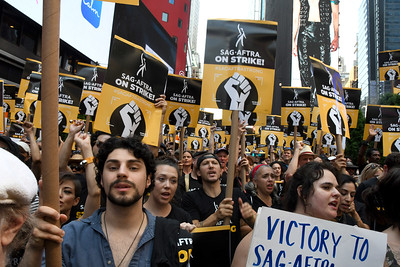
Two months into the writer’s strike, actors united with the writers. The Screen Actors Guild and American Federation of Television and Radio Artists (SAG-AFTRA), a labor union representing media professionals, are demanding very similar terms as writers as the WGA. Their main focus is on increasing base pay and protection against artificial intelligence replacing their work. Similar to the negotiations between the WGA and AMPTP, discussions of the new contract between SAG-AFTRA and AMPTP couldn’t be agreed upon. SAG-AFTRA went on strike the day after their contracts expired.
The strike has currently put Hollywood on pause. Since the beginning of the writer’s work stoppage, late-night shows have not been airing. Along with this, countless films like “Spiderman: Beyond the Spider-Verse,” “Dune: Part Two” and “Fantastic Four” had production paused or premiere dates pushed back, some indefinitely. Many television programs and other media programs have met this circumstance as well.
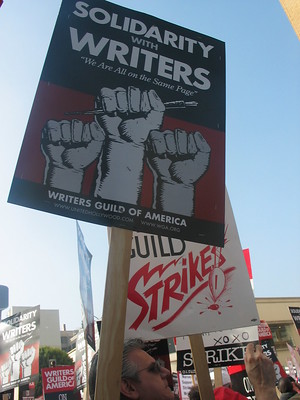
While the strike has caused many fan-favorite movies and shows to be paused, the writers and actors have been met with an abundance of support. “I definitely think that it is important to be happening… all the credit for movies, from a general audience member, typically goes to the director or actors, and not so much the writers. They are really important for a movie because they make the whole story,” said Campbell Morgan, a sophomore at Ida B. Wells. “It is also very important for them [actors] because they are the face of the movie, of the production basically, so I really hope that they will be able to work out a contract that protects them and pays them for what they deserve.”
The strike has also given hope for the future of aspiring writers and actors. “It’s important to me because I’m a writer, I’m an actor, I do that sort of thing, and knowing that those strong unions there that advocate for their members and want to make things better for people in the industry and the future, that’s really nice knowing that that’s where I am going to be someday,” said senior, Ian Lafrenz. “The fact that there are people trying to make it better all the same is really exciting, and to know that, ‘hey,’ when I am in that space… there are people to support [me] and there are systems that can help me get what I deserve.”


